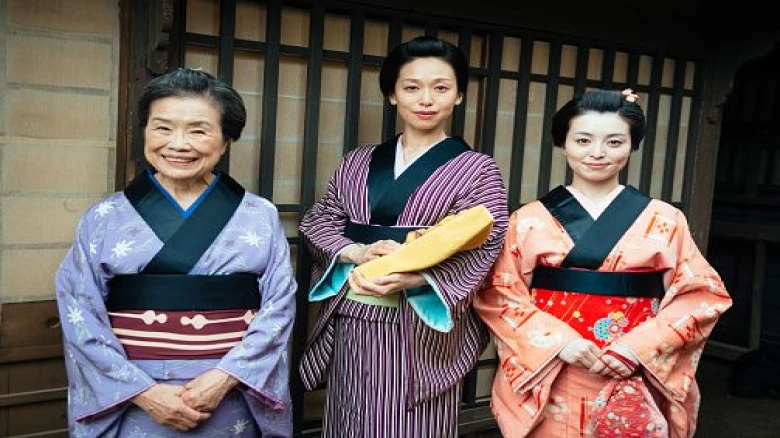The Japanese people have long been celebrated as among the fittest and healthiest in the world, and Kane Tanaka of Japan, currently aged 118, holds the...
Digital Desk: When it comes to life expectancy worldwide, Japan stands tall as a remarkable nation, ranking third in the list of countries with an average life expectancy of 82 years, according to the latest estimates from the United Nations Population Division. This achievement is all the more astonishing considering Japan is the only nation in the world to have experienced the devastating power of nuclear weapons. Moreover, Japan boasts an impressive statistic: one out of every 1,450 people is over 100 years old, as reported by the country's Ministry of Health. The Japanese people have long been celebrated as among the fittest and healthiest in the world, and Kane Tanaka of Japan, currently aged 118, holds the title of the oldest living person on Earth. This begs the question: What are the secrets to the Japanese people's remarkable longevity? Let's delve into the lifestyle choices that set them apart.
High Consumption of Vegetables
A cornerstone of Japanese cuisine is its rich assortment of vegetables. Alongside seafood and meat, Japanese dishes incorporate an abundance of root vegetables, leafy greens, and other nutritious ingredients. These vegetables play a pivotal role in their diet, featuring in soups, desserts, and main courses. The Japanese penchant for vegetables is undoubtedly a significant contributor to their good health and longevity.
Physical Exercise
The significance of physical exercise in a nation that birthed martial arts such as Karate, Kendo, Judo, and Aikido is self-evident. The legacy of well-trained Samurai in imperial Japan still resonates today, with the present generation continuing to prioritize physical conditioning and exercise. Statistics reveal that over one million people in Japan have acquired some level of Kendo training, underscoring the importance of physical fitness in their lifestyle.
Method of Food Preparation
Japanese cuisine is distinguished by its meticulous approach to food preparation, classified into five distinct methods.
Nama involves the preparation of raw items, commonly used in delicacies like sashimi.
Niru is the art of cooking items to perfection, ensuring they are soft and flavorful.
Yaku encompasses various techniques for grilling food, including the use of small pans, oil, open flames, sautéing, and shallow frying.
Musu involves the practice of steam cooking, often utilizing covered pots or bamboo baskets.
Ageru is the deep-frying of food at high temperatures using oil and fat.
This systematic approach to cooking not only enhances the taste but also preserves the nutritional value of their meals.
Consumption of Green Tea
Green tea is an integral part of the daily lives of most Japanese people. It is consumed multiple times throughout the day, serving as the preferred beverage in the morning and before and after meals. The health benefits of green tea, rich in antioxidants and other valuable compounds, contribute to their overall well-being.
High Consumption of Fish
A hallmark of the Japanese diet is the inclusion of fish, particularly varieties like salmon, mackerel, and sardines. These fish are renowned for their high protein and nutrient content. Regular consumption of fish is a key factor in maintaining a healthy and balanced diet.
Japan's impressive ranking in global life expectancy statistics is not a mere coincidence but rather a result of a unique combination of dietary choices, exercise habits, and culinary traditions. By adopting some of these practices, individuals worldwide may seek to improve their own health and increase their chances of a longer, healthier life. Japan's journey towards longevity serves as a valuable lesson for us all, showcasing the potential benefits of a well-balanced lifestyle.

Leave A Comment